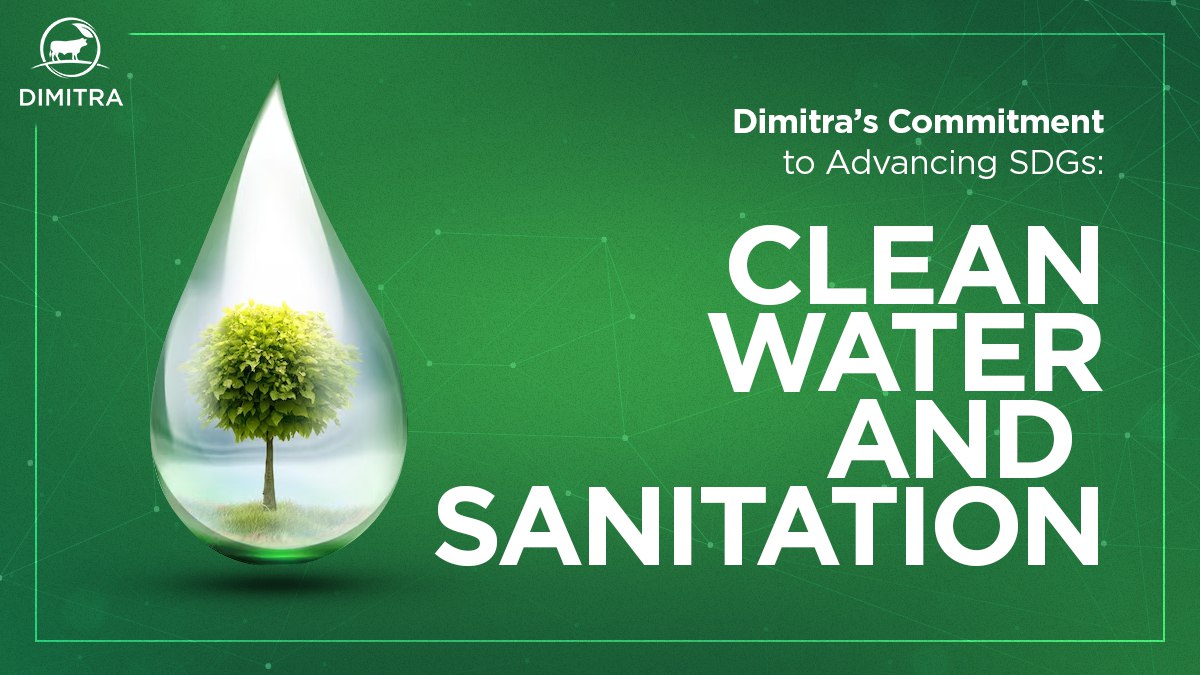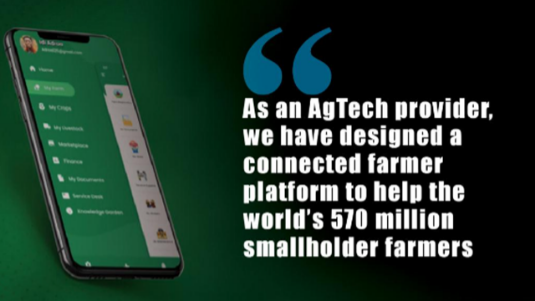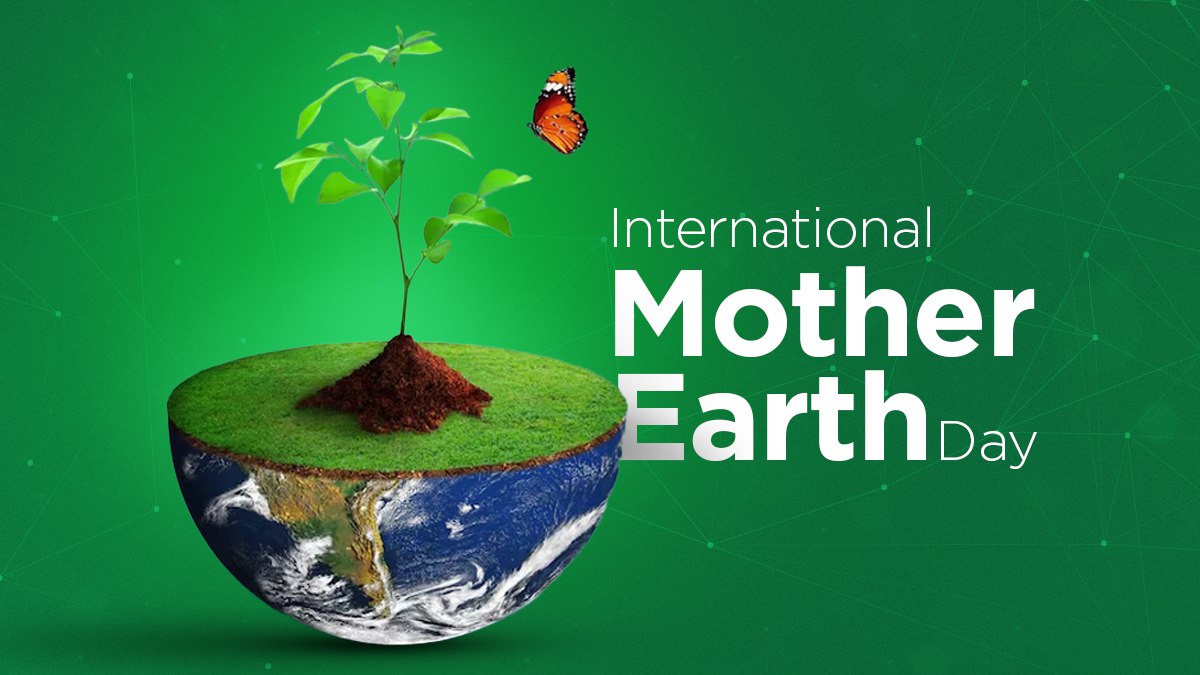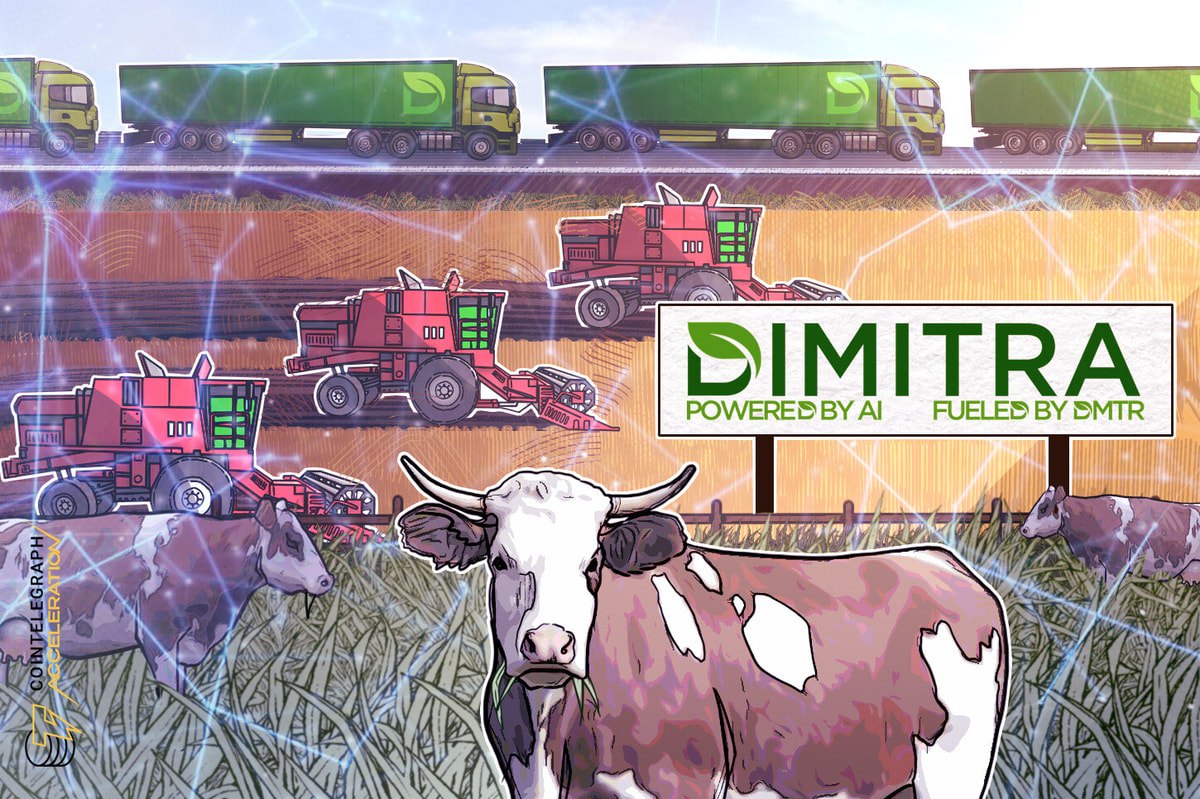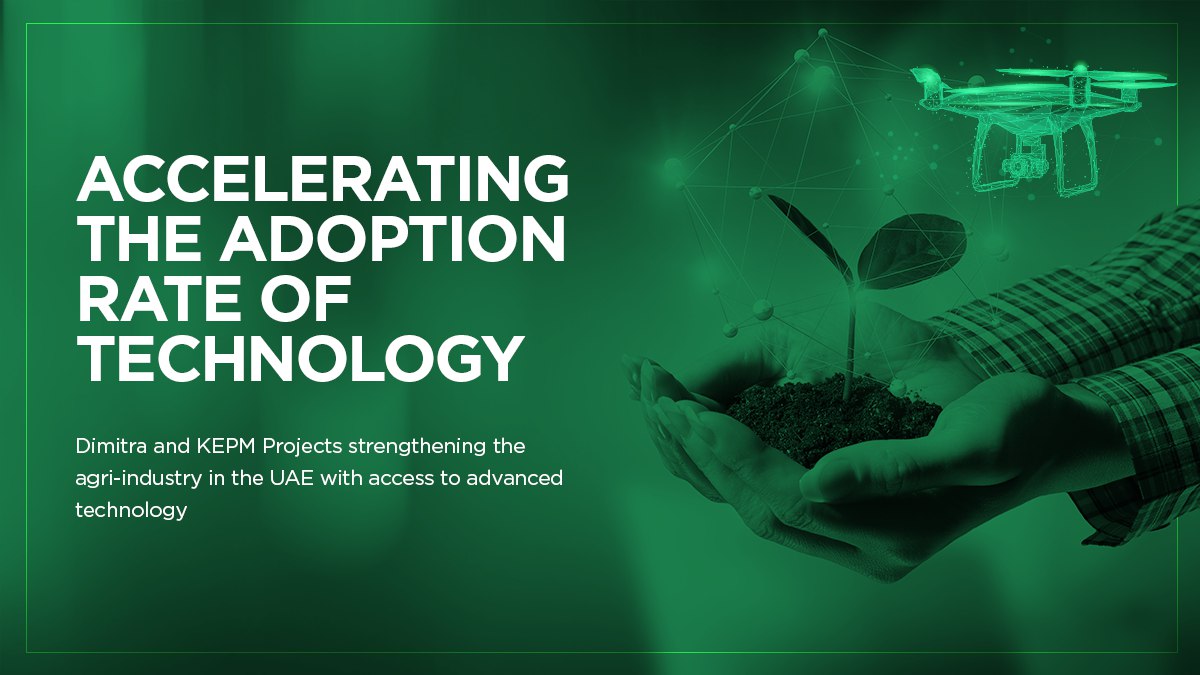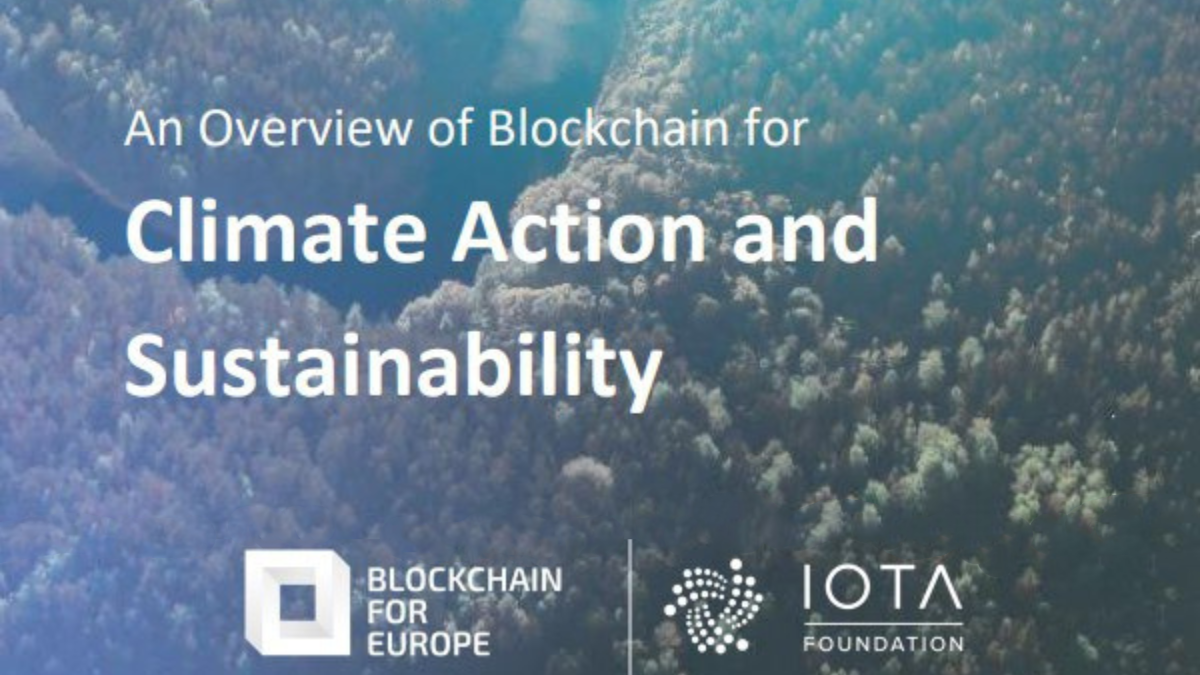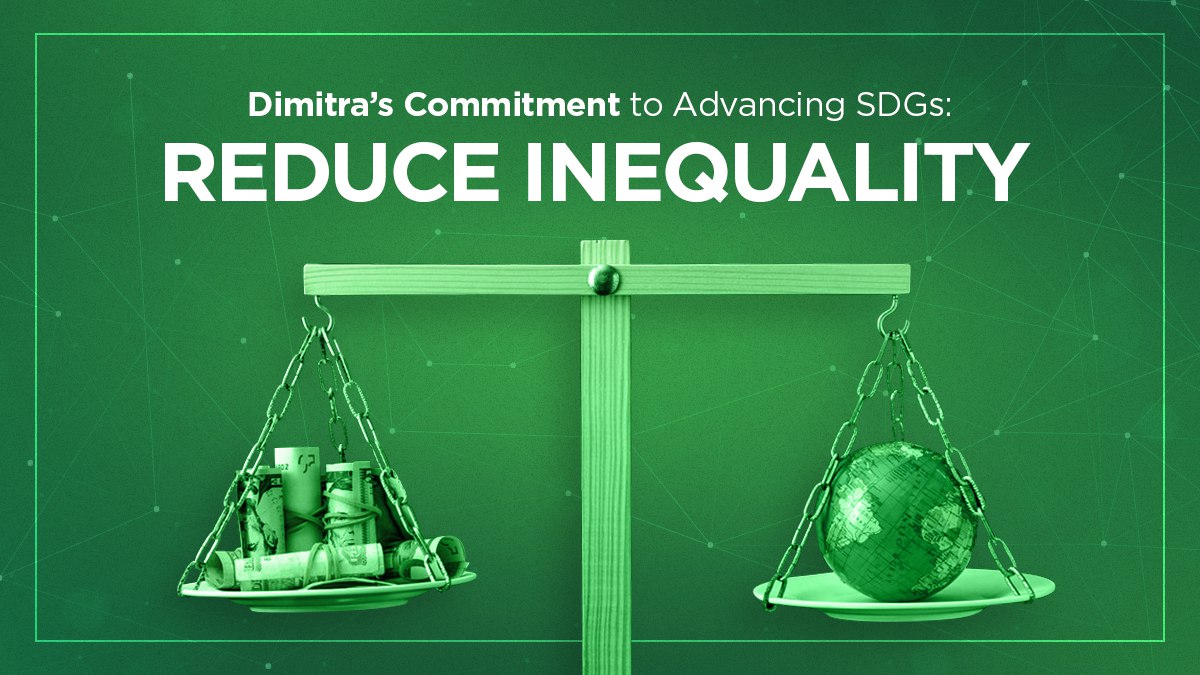Dimitra x IMFI DAO Community AMA – On April 24th our CEO, Jon Trask sat down with Discord community IMFI DAO for an AMA! Here is the summary and key talking points.
Q1: Can you please tell us a little bit about yourself and Dimitra Technology?
A1: Hello everyone, thank you for having me here today. My name is Jon Trask and I am the CEO and Founder of Dimitra Incorporated. I’ve been working in blockchain since 2017 and I have had an extensive career building. And developing enterprise software solutions focussed on supply chain, identity, traceability. And I’ve held several C-level positions with some multinational corporations. Dimitra is a blockchain based agricultural technology company. And we provide elegant and useful technology to farmers around the world at a low cost. Think of Dimitra as the operating system for Ag-tech, and that the Dimitra token is what drives our ecosystem. We have a data driven approach at Dimitra to help: increase crop outputs, reduce expenses for farmers, and to help mitigate their risks.
Q2: We know that Dimitra is utilizing AI and ML to help farmers and the agricultural industry worldwide, can you please tell us more about how AI blends into Dimitra’s technology?
A2: Great question and I’d be happy to provide insights as to how Dimitra uses AI. The Dimitra Connected Farmer platform has a ton of AI embedded in it. And it uses On-the-ground data that is essential to making real improvements in crop performance. Satellite-based spectral and radar imagery analysis pairs with soil, weather, planting, and other agricultural data. To deliver farmers AI-based recommendations that can have a significant impact on crop yields and overall productivity. By combining all these elements and then applying AI we provide farmers with powerful insights and suggestions. For example, In Bolivia which is one of our customers, farmers use our AI to analyze data from all kinds of sources efficiently such as:
- Crop Inputs
- Satellite imagery
- Value chain partners
- Internet of things (IoT) devices
Our Connected Farmer Platform provides insights and recommendations for their farmers that results in improved crop yields and, in turn, overall profits. Moreover, it connects national agricultural data to help the government generate reports and organize local agricultural value chains. Therefore, Dimitra is helping individual farming families, their villages, communities, regions, and countries (like Bolivia).
Dimitra also helps by improving traceability that is within our systems. Which is useful data that helps to develop better public policies. I also want to point out that customers can pay for their Connected Farmer licenses with DMTR tokens.
A second example of our AI capabilities at Dimitra, would be to improve animal productivity. When we talk about leveraging AI and ML to improve livestock performance. It directly translates to giving these farmers a data-driven advantage in their everyday decision-making. Dimitra’s Livestock Guru puts those practical AI-based tools right into their hands.
Many environmental, management, and hereditary factors affect the performance of cattle. Moreover, having a comprehensive vantage point based on ML. And statistical analysis results in better predictions, performance, and productivity across many different areas:
- Cost optimization
- Pasture management
- Genetic selection
- Farm performance
Nutrition, weather, water, disease, temperature, etc., all affect the lifecycle of the animals.
By categorizing livestock into groups using these conditions, Livestock Guru helps farmers make better-informed decisions based on data-driven predictions. This influences areas like farm management, animal management, and breeding.
The result? More efficient livestock practices for those who need them most and higher quality products and the customers can pay for their Livestock Guru licenses with DMTR tokens.
Lastly, another example of our AI capabilities would be Dimitra’s Deforestation Compliance Module. The module uses satellite imagery to differentiate between trees, crops, forested areas, and clear-cut sections to do precisely that.
Machine learning models leverage this data to understand what’s happening on the ground without ever touching the soil. To intelligently identify the deforested areas in a sea of green, the module uses AI to determine texture, color, reflectivity, and much more. This allows both farmers and traders to offer full transparency in their supply chain. Additionally, it allows them to prove with data-backed insights their compliance with deforestation regulations.
Three nations have already started using and testing the Dimitra Deforestation module. And we’ve been training our Machine Learning with 100 kilometer areas of forested land. Over time, we expect this to grow exponentially and to become many regions of many countries across the globe as it is a global problem and a global initiative that 141 nations have signed up via legislation to solve.
So far, we’ve written the Dimitra Deforestation Certificate to the Polygon blockchain to ensure the lowest possible gas fees which also ensures the deforestation certificate is time stamped and dated which ensures immutability. If you’d like to read about the legislation here is a link for it:
https://www.einnews.com/pr_news/615721825/eu-deforestation-regulation-and-compliance
Dimitra x IMFI DAO Community AMA
Q3: Congratulations on all the awards and recognitions Dimitra is getting from all over the world. Any of the awards or recognitions you’d specifically like to share with the audience?
A3: Thank you for your kind words and I’d be happy to. I was selected as one of the finalists for the Government Blockchain Association for their “Social Impact Award,” which is a great honor. Dimitra also won the W3B & Blockchain World 2022 Entrepreneurship Award in the Industry Solutions Category. Plus, we were featured in the Blockchain for Europe article last week for our work in Climate action and Sustainability in this Blockchain for Europe article: https://www.blockchain4europe.eu/wp-content/uploads/2023/04/An-Overview-of-Blockchain-for-Climate-Action-and-Sustainability-BC4EU-IOTA-April-2023.pdf
Q4: We know Dimitra’s mission and vision are to help farmers everywhere to achieve sustainability, including these small-scale farmers in developing countries, yet they are usually the least informed and educated about the latest technology. How would Dimitra approach these farmers?
A4: You are 100% correct that many of the small farmers have not used new agricultural tech or blockchain. How we are accomplishing this is by having a true partnership with local Universities, cooperatives and governments. If we didn’t have buy in from everyone we could not attain mass adoption of our technology. For example, in Indonesia where we are doing a coffee focused project, we are collaborating with Andalas University and Solok Radjo Cooperative to develop an integrated Carbon Soil Assessment Program and also to improve their coffee crop output and help with their supply chain and traceability to international markets. The students and lecturers go out to Solok Radjo Cooperative and work with the farmers by reviewing the current soil health. And monitoring the ongoing regenerative practices with our Connected Coffee platform. The coolest part is that Solok Radjo bought their licenses with DMTR tokens.
Q5: For those of us who just learnt about the Dimitra token, could you help us understand what drives the value of $DMTR with special emphasis on the Dimitra Token and what guarantees that the value will keep rising?
A5: First, there are no guarantees in life, are there? I also can’t say that our price will rise. However, the DMTR token is a utility token and our hope is that it creates real-world value or utility for the farmers, and all the facets within our ecosystem. And much of the value is wrapped up in the success of a related project. Take Solok Radjo, for example, the cooperative leaders used tokens to buy their licensing. Over time, they will give tokens to the farmers in their cooperative, who can then use those to buy advanced features in the platform. Dimitra’s market opportunity is massive as we are operating in one of the world’s largest untapped technology markets. I can’t think of many crypto projects that have real world utility and have contracts with 16 nations like we do already.
Q6: What are the future plans and goals for the Dimitra ecosystem? Any specific countries or regions Dimitra is going to focus this year? – Dimitra x IMFI DAO Community AMA
A6: Great question! Dimitra has many future plans but I will name a few as its a long list: we will add more machine learning capabilities and reports to all our platforms so we continue to add value for our customers, to keep testing and
In 2023 we are focused on expanding our capabilities at detecting and reporting on deforestation, we have had great success working with farming cooperatives and multinational food companies in assessing their impacts on reducing deforestation in their supply chains.
141 nations have signed a pact at COP to eliminate deforestation by 2030. The EU has mandated that 7 crops will be deforestation free by 2024 (coffee, timber, rubber, soy, palm oil and cocoa). In less than a year companies will need to evaluate their shipments for compliance. We have built a system that we are using in Brazil and we are training our artificial intelligence to support these features around the world.
2. We are also expanding our capabilities to combine drone imagery analysis with our satellite analysis. Recently we ran a project in Papua New Guinea collecting drone data on corn being affected by fall armyworm (FAW). We have determined that we can detect early and minimize pesticides costs and losses for those that use our techniques. FAW decimates billions of dollars of crops annually and we have a viable way to significantly reduce those losses all driven by AI and drones.
3. We have a major AI based project in Brazil to mitigate fruit losses, particularly — citrus and mango. This will be applied globally to reduce disease related losses which can wipe out citrus groves.
We have many more projects this year, but those are a few interesting ones. We are also focused on scaling / improving our platforms, to add more farmers, cooperatives and nations to our list of customers, to build out the DMTR marketplace, and increase awareness of the DMTR token across the world, continue to add projects to our farmer sponsorship program and hopefully get more people to support the Dimitra Farmer Sponsorship Program (https://dimitra.io/dimitra-sponsorship-program-for-individuals/) , and in time add more key exchange partners. We’ve got a bright future ahead coupled with a lot of hard work and execution in 2023–2024.
Q7: How big is the market opportunity for Dimitra Technology? What is the market share Dimitra currently has compared to competitors, if there is any.
A7: The market opportunity for Dimitra and for technology in agriculture is enormous as it is one of the largest market segments in the world. Dimitra’s original goal when we launched was to help 100 million farms. And we’ve contracted for about 20 million farms to date so there is a lot more to do. We’re also committed to helping save the forests around the world and so Dimitra’s Deforestation Module opportunity is also massive.
There are many application developers in the agrifood space. But it is a very large market employing billions globally and generating trillions in revenue. We are keenly aware of other leaders in the space and are assessing their progress. There are very few competitors using blockchain as a tool which gives us an advantage in many use cases. – Dimitra x IMFI DAO Community AMA
